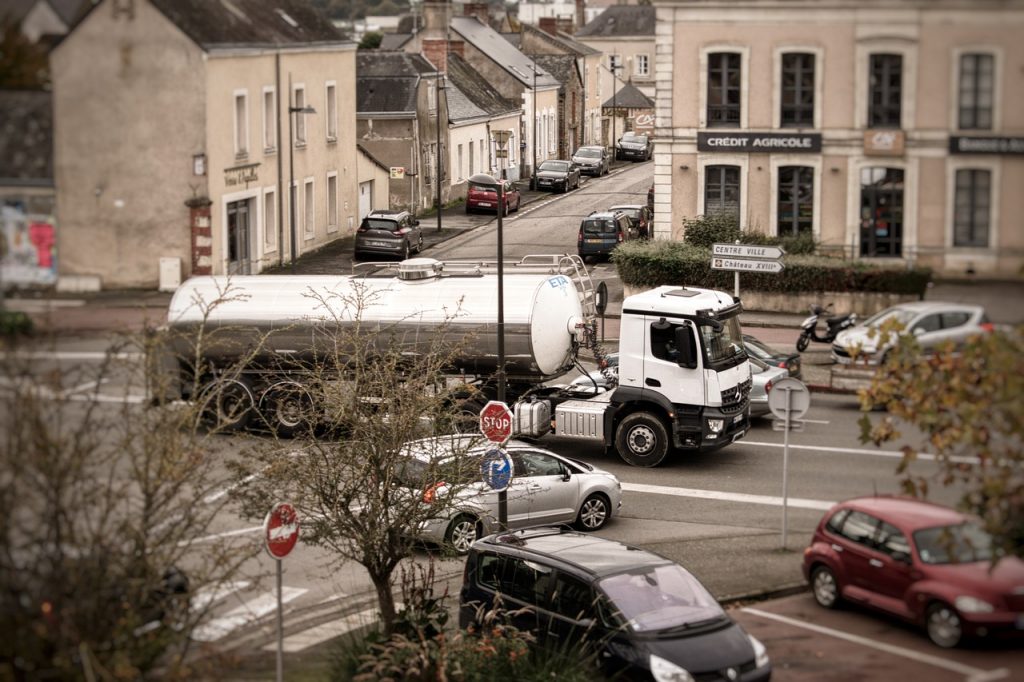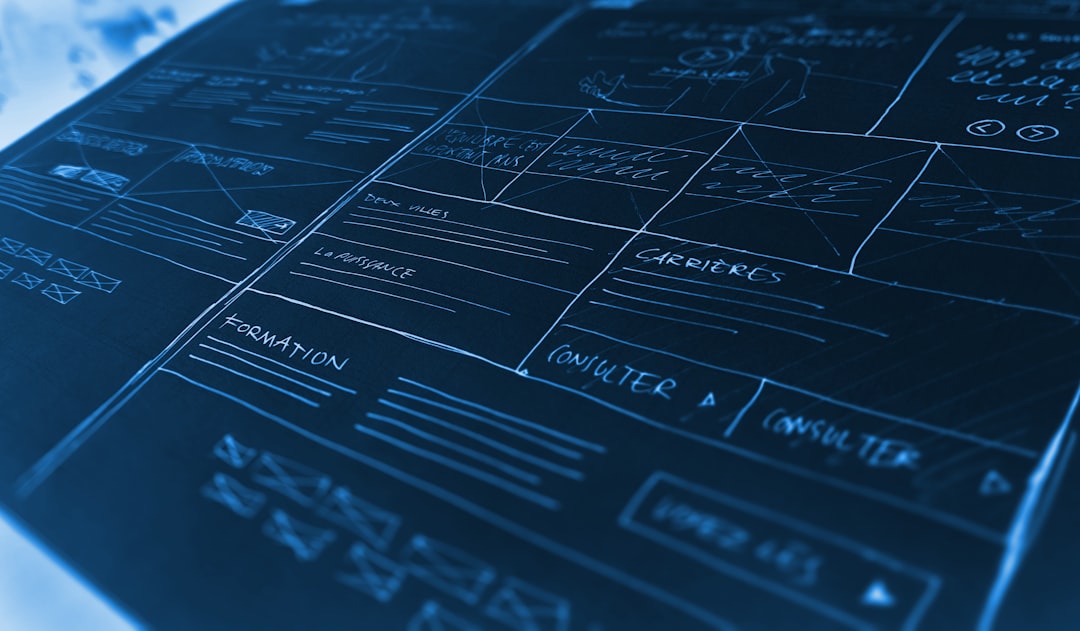Industrial Liquid Waste (ILW) results from the disposal of industrial products, oils, grease, water, sludge, etc. Some of these waste materials are also radioactive. The waste management process is a complex one. There are many organizations and institutions which have been given the responsibility of managing waste. They have different methods of industrial liquid waste management, and various laws and rules define their work. These laws and regulations help in disposing of the waste and in keeping the environmental balance.
In waste management, three distinct components are present. These are the waste material, the transport medium, and the waste disposed of. Typically, industries dispose of the trash that they generate. This would leave a solid waste stream. The other standard method of disposing of the waste is creating it, transporting it to a disposal site, and then removing the solid waste.
But there are times when you need to create a more complex waste solution. For instance, if you produce more than 30 tons of waste a year, you need to find out ways to dispose of this waste safely and effectively. You need a way that can contain all the waste produced within your industry. In such a situation, industrial waste management is the solution you should opt for. It will take care of the entire waste stream and provide a safe environment for your industry.
The first and the most critical aspect of industrial liquid waste management are the proper transportation of liquid wastes. All industrial waste transport takes place in closed containers. These containers have a unique design so that the vapor emissions do not go into the atmosphere. If this is not done, the vapors of waste will mix with the air creating more smog.
There are different types of liquid waste. There is general waste generated from manufacturing plants and industrial plants; hazardous waste generated from dangerous waste materials and treatment plants and storage and hazardous waste, which are generated by using hazardous waste products in businesses or residential homes. Some areas have laws regulating the creation, transport, handling, and disposal of liquid waste. You need to strictly follow these laws for compliance and regulation. These laws are to protect the public from the adverse effects of waste products.
Industrial liquid waste management focuses on the efficient and proper recycling of waste. This helps in preventing the emission of greenhouse gases, which pose serious threats to the atmosphere. It also helps minimize the waste of valuable resources, enhance the energy efficiency, reduce landfill waste, and protect groundwater. The liquid recycled waste provides an opportunity for economic resource utilization.










